
BrandonSCorley
Libraries
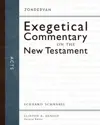

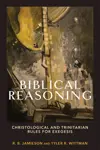




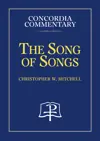

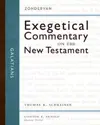

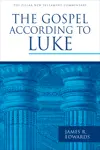

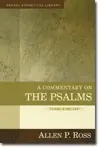

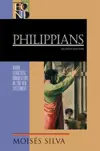

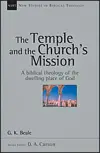

Reviews
New Bible Commentary: 21st Century Edition. InterVarsity Press, 1994.
I rarely ever use a whole Bible commentary, but this one is by far the best one available.
Galatians. BECNT. Baker Academic, 2013.
I have some disagreements and certain parts could have been done better, but overall the best commentary on Galatians available.
Ephesians. ZECNT. Zondervan, 2010.
Not quite as good as O'Brien and Lincoln, but definitely a close third and definitely above Thielman. The layout of the ZECNT series makes this the easiest commentary on Ephesians to read. If you're looking for something that doesn't give you too much needless information, then get this and O'Brien's.
The Gospel according to Luke. PNTC. Eerdmans, 2015.
Extremely underrated commentary on Luke. I would for sure put this one above Marshall's commentary, and might even put it in the top 2 overall along with Bock. Essential to have for anyone trying to discover the meaning of Luke's gospel.
Philippians (2nd ed.). BECNT. Baker Academic, 2005.
In terms of quality, I think Silva's commentary is the best one out there with Fee's as a close second and O'Brien as 3rd. He won't give you as much as Fee and O'Brien do, so definitely have them for reference, but if I had to recommend only one commentary on Philippians, it would be Silva's.
The Gospel of Matthew. NICNT. Eerdmans, 2007.
The single best commentary on Matthew available today.
Psalms. 2 Vols. EBTC. Lexham Press, 2021.
Probably the best available modern commentary on psalms. Hamilton is, of course, a master of tracing biblical-theological themes and does this well throughout the psalter. Only complaint is his translation of 22:6. I think Michael Rydelnik does a good job of arguing for "pierced/bore through" instead of "like a lion", which is pretty incoherent in context.
Romans (2nd ed.). BECNT. Baker Academic, 2018.
I do also want to say that I believe Schreiner is wrong on 10:5. He denies the Mosaic Covenant is a typological covenant of works on page 540, even though he seems to go in this direction at the bottom of 541 and top of 542. His reason for doing so is that the Mosaic Covenant was given to a people "redeemed from Egypt by God's grace". Because God "saved his people and then gave them the law" it is not legalistic. Yet this misunderstands what people mean when they say the covenant is a covenant of works. Yes, the making of the covenant and God's redemption of Israel is out of grace (as all covenants are; God has no obligation to covenant with any man), yet the covenant itself is based on the principle of works in order to stay in the land. This "get in by grace, stay in by works" scheme is the exact same thing that Schreiner opposes in N.T. Wright! So he knows such a scheme is legalistic in Wright, but he fails to see that the Sinai covenant itself was intentionally a legalistic (i.e. works based) covenant typological of Israel as the New Adam and ultimately of Jesus, the Son of God and His obedience. Apart from that, great commentary; just supplement with Moo.
John. ZECNT. Zondervan, 2016.
This is easily the best commentary on John since Carson. Klink is sensitive to canonical connections and theological interpretation. He engages with Augustine and Aquinas while at the same time building off Carson and Morris. Highly recommend.
Song of Songs: A Biblical-Theological, Allegorical, Christological Interpretation. FB. Christian Focus, 2015.
Hamilton goes against the grain of most modern scholarship and contends (rightly, I believe) that the Song of Songs is ultimately about the love of Christ for His church. Hamilton argues the Song was intended to evoke imagery of Yahweh's love for Israel, pictured by the Davidic King Solomon's love for his bride.
Romans (2nd ed.). BECNT. Baker Academic, 2018.
Of all the Romans commentaries I've read (and I've read nearly all of them since Cranfield), I consider this one to be the most accurate of them all. I have one disagreement with Schreiner on Romans 8:4, on which I think Doug Moo has the correct interpretation, but apart from that, I think this to be the best commentary available. While Moo's commentary is certainly meatier and will provide you with more information, Schreiner will always point you in the right direction, and for that reason, I go with quality over quantity.
